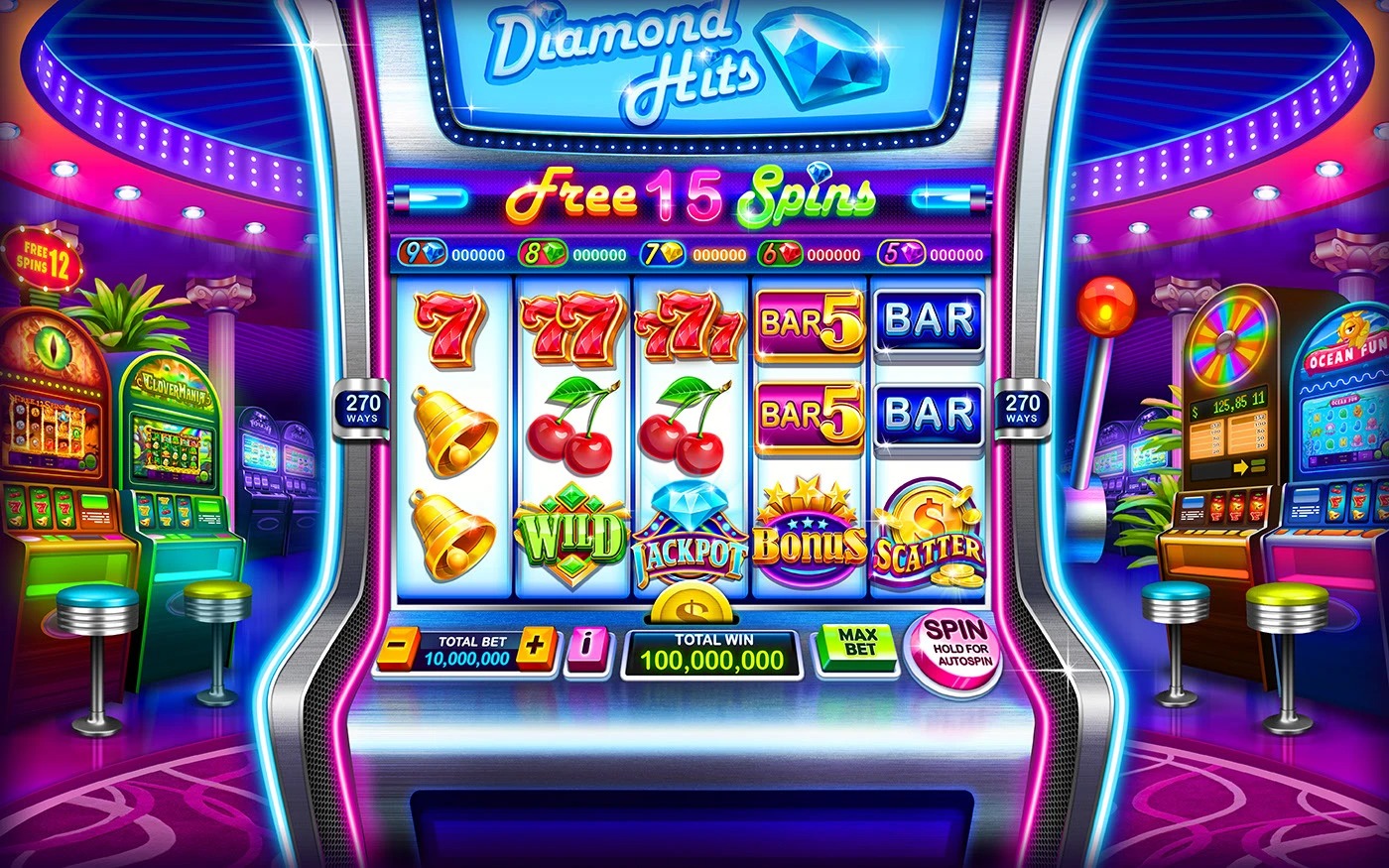Online slot games have evolved far beyond the classic “one-armed bandits” of the past. Flashing lights, immersive soundtracks, and themes ranging from ancient Egypt to outer space — the modern slot machine is a carefully engineered piece of entertainment api66 login. But beyond the reels, there’s a fascinating psychological framework that keeps millions of players spinning.
In this article, we dive into the psychology behind online slot games — a topic often overlooked but crucial to understanding their enduring popularity.
🎯 Instant Gratification and Variable Rewards
One of the core reasons why online slots are so addictive lies in their use of variable ratio reinforcement, a concept rooted in behavioral psychology.
Slot machines are a textbook example of this. The rewards (i.e., wins) are unpredictable — sometimes you win big, sometimes you don’t — but the anticipation of the next big payout keeps players engaged. The brain releases dopamine not just when we win, but even when we anticipate a win. This chemical reaction triggers pleasure and reinforces the behavior.
In short: it’s not about winning all the time — it’s about the hope of winning.
🧠 The Illusion of Control
Many online slot games now allow players to choose paylines, change coin values, or interact with “bonus games.” While these elements make the game feel more engaging, they also contribute to what’s known as the illusion of control — the belief that one’s choices can influence an outcome that’s actually random.
This illusion enhances player involvement and emotional investment, increasing the time (and money) spent playing.
🎨 Gamification and Design Psychology
Modern online slots borrow heavily from video game design. Features like:
-
Levels and progress bars
-
Unlockable content
-
Daily rewards or missions
…tap into the same engagement loops that keep gamers glued to their screens. These are not just games of chance anymore — they’re full-fledged digital experiences.
Slot developers also use color psychology — bright, stimulating hues like red and gold are common, as they evoke excitement and wealth.
💸 Microtransactions and “Freemium” Models
Many online slot apps are free to download and play — but offer in-app purchases like extra coins, spins, or bonuses. This freemium model taps into another psychological phenomenon: loss aversion. Players often buy coins not necessarily to win, but to avoid the feeling of losing or to continue playing after a losing streak.
⏳ Time Distortion and Flow
Ever notice how time flies when you’re spinning? Slot games are designed to induce a state of flow, where you’re fully immersed in the activity. Continuous gameplay, upbeat music, and lack of natural breaks (like in physical casinos) can cause players to lose track of time — sometimes for hours.
This makes setting limits and practicing self-control crucial.
🛡️ Are We Being Manipulated?
It’s easy to demonize online slots for using psychological tactics to keep players hooked — but it’s not black and white. These same psychological principles are used in fitness apps, social media, and even education platforms to keep users engaged.
The responsibility ultimately lies in ethical game design and responsible gambling practices — providing tools like spending limits, time reminders, and self-exclusion options.
